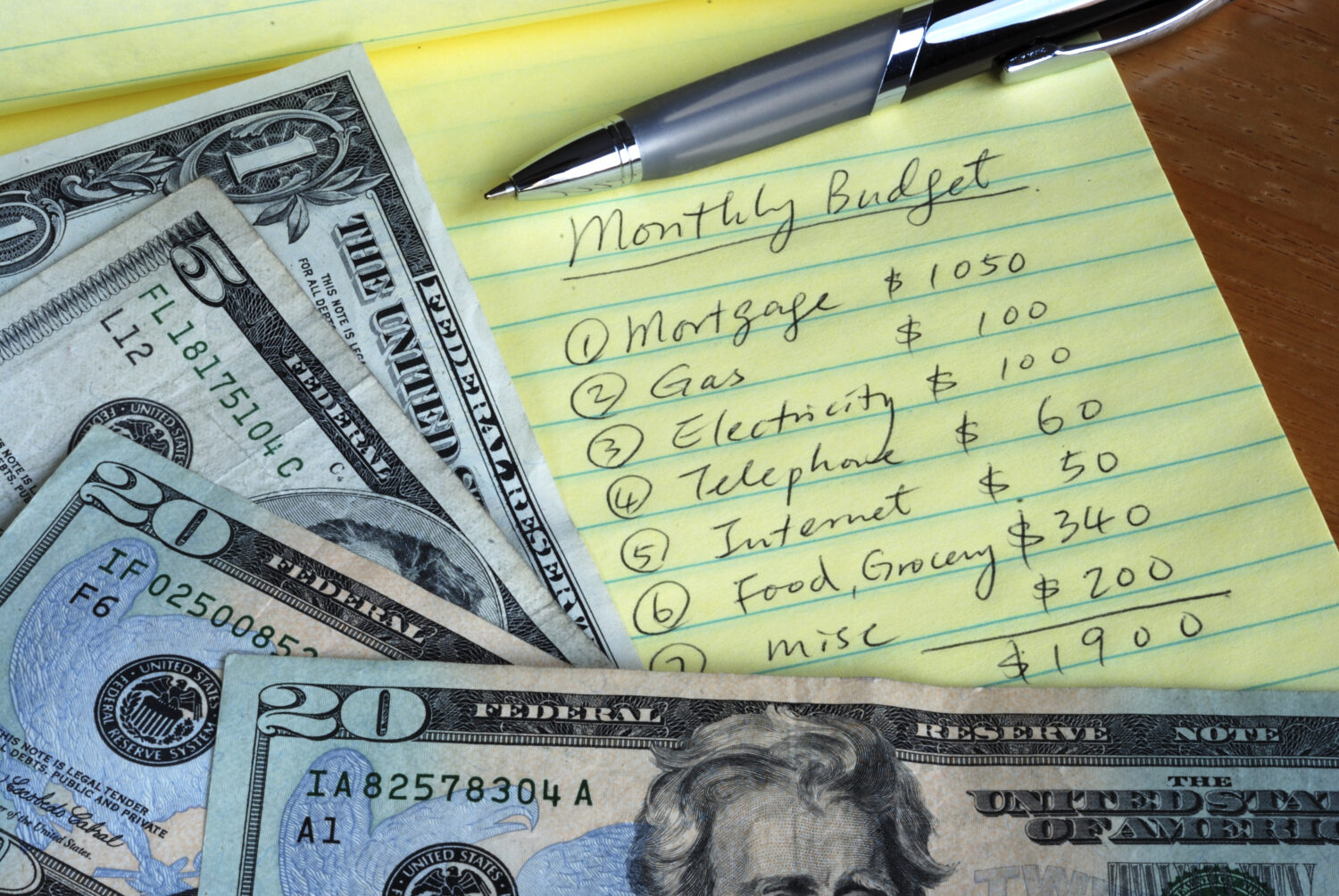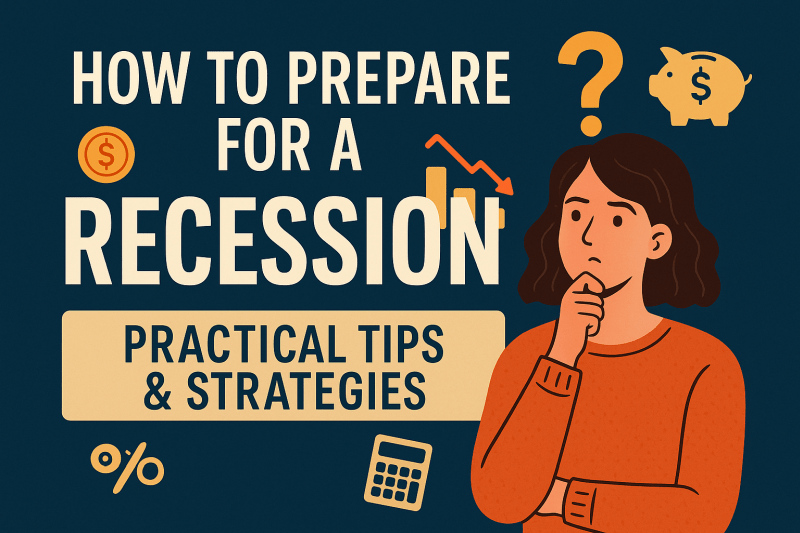
“If you choose not to decide you still have made a choice”, thank you Neil Pert. This couldn’t pertain any less to budgeting your money. Wait, don’t click away.
I know “budgeting” has the same excitement level as reading shampoo labels or attending a 3-hour HOA meeting about mailbox design. But hear me out—controlling your budget is the single most underrated superpower in your financial arsenal.
So why should you care about budgeting? Not in theory—in real, practical, everyday terms? Here are six unsexy but extremely real reasons why you need to wrestle that budget into submission.
1. Your Future Self Is Counting On You
Let’s imagine Future You. Maybe they’re chillin’ on a beach with a mojito. Maybe they’re running their own Etsy empire. Maybe they’ve just avoided a total breakdown because their car didn’t explode and they could actually afford the surprise $1,200 repair.
Future You has dreams. And those dreams aren’t funded by vibes and good intentions.
Budgeting is how you pay your future self in advance.
It’s the difference between building a life on purpose and waking up at 42 with $8.17 in your checking account, wondering where it all went.
Even if retirement feels like a fake concept invented by mattress commercials, there are real short- and mid-term goals you can’t hit without some level of financial planning:
- Starting a side business
- Buying a home or car
- Traveling like a low-key baller
- Escaping a job you hate without eating Top Ramen every day
Your budget is the roadmap. If you don’t know where your money’s going, your future self is just going to have to wing it. And trust me, they’re already mad at you for ignoring that 401(k) match.
2. It Stops the Monthly “Where Did My Money Go?” Panic
You get paid. You buy groceries, pay rent, grab a coffee or seven, maybe hit a sale at Target. Next thing you know, it’s the 23rd of the month and your bank account is making a sad wheezing noise.
Sound familiar?
Without a budget, every month is financial whack-a-mole. You’re dodging overdraft fees, skipping savings, and wondering if that $17.99 charge was from Netflix, HBO Max, or that weird meditation app you forgot to cancel. I’ve seen it happen to too many a person.
When you control your budget, your money has a job. It goes to work like a little employee you hired: rent, food, savings, investments, “fun money,” emergency fund, debt payments—you name it.
Even a simple, no-frills spreadsheet (or app) can turn your paycheck from a wild party animal into a dependable grown-up who shows up to work on time.
3. It Makes “Emergency” a Noun, Not a Lifestyle
If your current emergency plan is crossing your fingers and hoping your car doesn’t break, your dog doesn’t eat something weird, and your appendix doesn’t burst—welcome to the club. Emergencies can lead to panic, see above.
But real talk? Living one emergency away from a financial spiral isn’t sustainable.
Budgeting helps you create an actual emergency fund. Not “a line of credit” or “borrowing from Mom.” I mean a real, boring, wonderful pile of cash just sitting there in a savings (or money market) account waiting to be the hero when life goes sideways.
Here’s the deal: emergencies aren’t rare. They’re inevitable. But when you have a controlled budget, you build margin into your money. You have a plan. You have breathing room. And your emergency doesn’t become a crisis.
That’s not actually boring. That’s freedom.
4. You Can Say Yes to Stuff (Without Guilt)
Controlling your budget isn’t about saying “no” to everything you love. It’s about being able to say “yes” without regret or that creeping anxiety that maybe you just bought concert tickets with next month’s rent money.
Want to go on vacation? See your favorite band? Treat yourself to a massage, a new coat, or that $14 bougie oat milk latte that you swear tastes better than regular coffee?
Budgeting lets you do those things—guilt-free.
Because when you’ve already funded your bills, your savings, your emergency stash, and your debt payments, that leftover money is for you to enjoy. Live, on purpose. Imagine that!
Budgeting doesn’t kill spontaneity. It funds it.
5. You’ll Stop Making Rich People Richer
Let’s talk debt. Or more specifically, interest—a silent money vampire that feeds on your lack of a plan.
When you’re not in control of your spending, it’s easy to rely on credit cards, personal loans, and Buy Now Pay Later schemes (thanks Paypal). Before you know it, if you’re not paying attention you’re paying double the price for stuff you don’t even remember buying.
Credit card interest isn’t just annoying. It’s wealth erosion in real time.
Every dollar of interest you pay is a dollar that could’ve gone to you.
Budgeting helps you flip that. You take control, pay off debts faster, and—get this—start earning interest instead of paying it. Imagine making money just by letting your cash sit somewhere. That’s what happens when you save, invest, and stop sending money to Capital One for the privilege of buying tacos three months ago.
6. Peace. Of. Freaking. Mind.
This one’s not flashy. You can’t show it off on Instagram. But budgeting gives you peace, and peace is priceless.
It’s waking up and knowing exactly what bills are coming. It’s checking your bank account without breaking into a cold sweat. It’s confidence in your choices, because they’re part of a plan—not a last-minute scramble.
You don’t have to be rich to feel secure. You just need a plan that works for your life and your goals.
Budgeting takes the chaos out of money. It replaces shame and stress with control and clarity. And that, friend, is worth every single minute you spend making it happen.
So… How Do You Start?
Okay, you’re convinced (or at least intrigued). What now?
You don’t need to go full financial guru overnight. Start small:
- Track your spending for a month. No judgment. Just figure out where your money’s actually going.
- List your fixed expenses. Rent, utilities, car payment—anything predictable.
- Set goals. Emergency fund, debt payoff, vacation savings. Give your money a reason to behave.
- Choose a budget method. Whether it’s the 50/30/20 rule, zero-based budgeting, envelope method, or an app like YNAB or Mint, the key is consistency.
- Review and adjust monthly. Your budget is a living thing. It evolves with your life.
And don’t forget to budget fun money. Even frugal geniuses need pizza and beer.
Final Thoughts: You’re the CFO of Your Life
You don’t have to wait until you “make more money” to get control. You start where you are, with what you’ve got, and you make your dollars march to your beat.
It’s not about perfection. It’s about intention.
P.S. — Need help getting started?
Check out our free budgeting template, or browse some of our affiliate tools like QuickBooks, TurboTax, or Amazon Budgeting Journals to make your new money mindset stick.
Or just bookmark this post and come back when you’re ready to make your money behave. We’ll be here—with spreadsheets and all.
R. A. Goldston, CPA at Large

 Previous post
Previous post
 Next post
Next post




